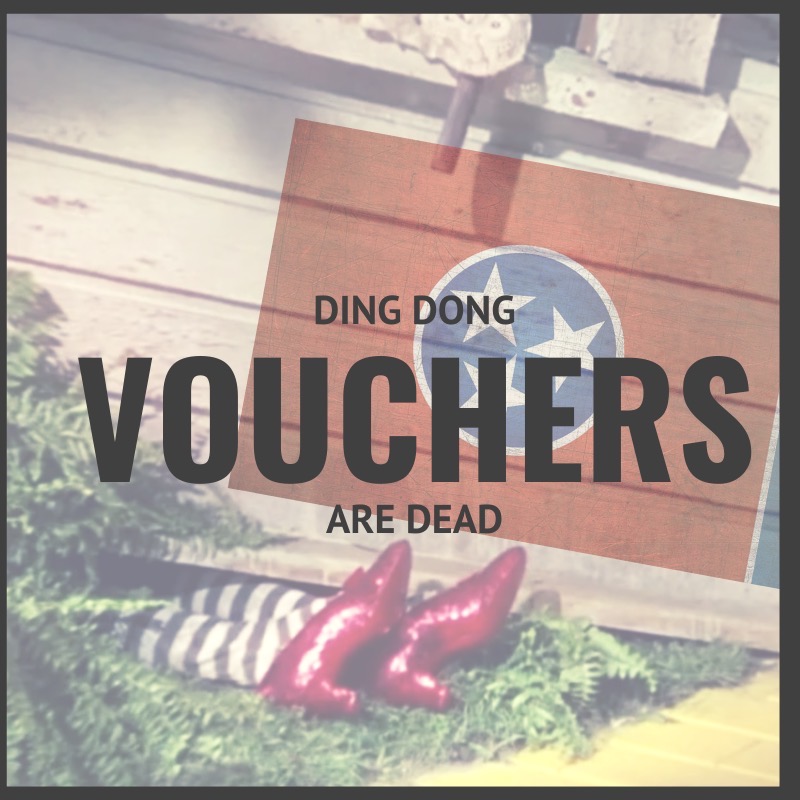Bill Lee wants to expand school vouchers, but rural Republicans are standing up for public schools
If Republicans like Rep. Todd Warner have their way, Tennessee’s failing school voucher scheme will not be expanding anytime soon.
Warner is among a group of Republicans representing largely rural districts who oppose expanding vouchers – both because public schools are the cornerstone’s of their communities and because they see school vouchers as a transfer of money from rural taxpayers to suburban and urban private schools.
When it comes to vouchers, Warner told ProPublica:
“I’m for less government, but it’s government’s role to provide a good public education,” he said. “If you want to send your kid to private school, then you should pay for it.”






